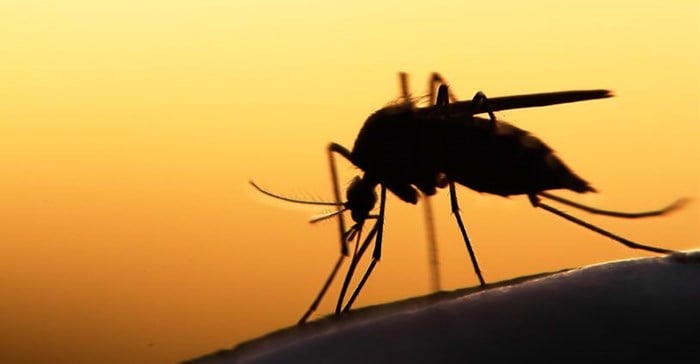African countries still bear the brunt of malaria's grip on the world, with approximately 70% of all infections occurring on this continent. However, there is still hope, and it is possible that we can see the end of this scourge in just a few years.
“In many respects, the Covid-19 pandemic has disrupted malaria prevention and treatment efforts, and it is estimated that malaria deaths in sub-Saharan Africa could reach their highest numbers in over 20 years. Yet we believe that this disease can be eliminated by 2025 if we all work together," Sherwin Charles, co-founder and CEO of Goodbye Malaria, said, at a recent round table event.
However, prolific strides have been made in the fight against malaria in recent years. South Africa's long history of effective malaria control has led to a low incidence rate, making elimination a feasible prospect, he says. “We have seen a great deal of work being done by the private sectors to help those living in high risk regions. Domestic resources have become of utmost importance in the fight against malaria. Ensuring that we have enough resource availability that as the cases get closer to zero we still have continued investment. As the burden of disease decreases, we need to keep our foot on the accelerator until we get to zero," he said.
Community engagement
The total eradication of malaria requires the involvement of communities in malaria programmes. “Greater community engagement makes such a massive difference in the fight against this disease. From enlisting the help of community members in the spraying of houses, to encouraging patients to finish their courses of treatment, the support of local communities is the key to stopping the spread," says Professor Karen Barnes, chairperson of the South African Malaria Elimination Committee, said.
“Awareness of the disease and how to prevent it is, of course, the first and most important line of defense. As the world has changed with the advent of the Covid-19 pandemic, the ways in which communities should combat this issue has also altered. For example, whilst we encourage the closing of windows at night and the use of fans for malaria, the opposite is encouraged for Covid-19. That is to ensure that particles of Covid-19 in the air do not remain. We believe that communities now need to be equipped with the necessary precautions to prevent contracting malaria while keeping their new risks in mind as well," said health minister, Dr Zweli Mkhize.
In closing, Charles said that innovative partnerships have so far helped South Africa, as well as its neighbouring countries, to gain significant ground in the war against malaria. “The end is in sight, but we also believe that the next few years will also be some of the most difficult as we attempt to finally reach our goal of zero malaria infections. Now is the time for us to really step up and see this fight through to the end."






















































